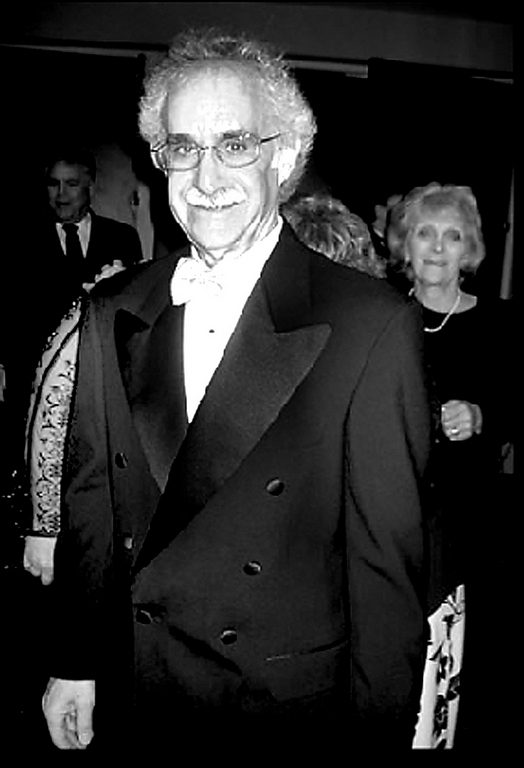Passover and the American pastime
Passover usually falls either at the end of March or during the month of April — frequently at the beginning, or during the first few weeks, of the baseball season. I wondered: could there be a connection?
The nexus between baseball and Passover extends beyond their calendrical coincidence, for the two have much in common. Both are governed by a detailed set of rules and regulations. The home is the focus of both: Passover is celebrated primarily in the home, and the goal in baseball is to score a run by reaching home plate. The numbers three and four dominate both the Passover Seder and baseball? At our Passover Seder we eat three matzahs; in baseball, as all of us know, three strikes and you’re out, three outs and your side is retired, and there are three people playing the outfield. At our Passover Seder we drink four cups of wine, ask the four questions, and tell the story of the four sons (or four children, to be politically correct); in baseball, four balls is a walk, there are four bases (counting home plate), and four people play the infield. Could Passover have influenced the original lords of baseball? Hmm . . .
Actually, all joking aside, there just might be a connection between Passover and baseball.
As a colleague of mine, Rabbi Ben Scolnic, has pointed out, archaeologists have uncovered at least nine temple reliefs (that’s reliefs, not relievers) of pharaohs wearing a special uniform (a crown, broad collar, an ornamented kilt with a tail; not pinstripes!), holding a ball in his left hand and a long stick or club in his right. Two prophets are depicted standing near the king (were they the precursors of bat boys)? The ball itself was about the size of a modern softball, but was made of hardened clay. Now, obviously, if pharaoh were to hit this clay ball with his bat, the ball would shatter. Believe it or not, that seems to have been the whole point of the exercise. Pharaoh’s baseball playing was not a game; it was a ritual: a ritual whose function it was to appeal to the gods to smash pharaoh’s enemies, just as pharaoh’s bat shattered the clay ball with his bat. (Perhaps every time A-Rod or Mark Teixeira hits a home run this season it will also be a symbolic prayer that the Yankees will vanquish their foe, the Boston Red Sox!)
Anthropologists tell us that one can tell a great deal about a society from its rituals. A society like Ancient Egypt in which its king (pharaoh) engaged in a ritual that symbolized the smashing of his enemies’ heads was a society in which cruelty was endemic. It was a society which could enslave its Hebrews and placed inhuman burdens upon them. It was a society in which the pharaoh could order midwives to murder male babies as they were born. It was a society in which its leader could order his people to drown all Israelite male babies at birth, and his subjects would comply. It was a society which could inflict the most heinous tortures upon foreigners.
Contrast the rituals of pharaonic Egypt with Jewish rituals, particularly those related to Passover. It would be natural for us to hate the Egyptians; it would be equally plausible to express that enmity ritualistically. But we are different. We do not want to engage in destructive hatred or revenge. Instead, what do we do? At the Passover Seder, when we come to that part of the Haggadah in which we recite the Ten Plagues, we actually spell out some wine – the symbol of our joy -- form our cups in order to express our sadness that the Egyptians had to suffer and their firstborn die in order for us to achieve our liberation. On the day before Passover our Jewish firstborn sons fast to express not only their thanks that God spared our firstborns on the night of the first Passover, but also to articulate in ritual our sympathy for our Egyptian counterparts. On the last six days of Pesach we deliberately shorten the joyful Hallel psalms (recited on all festivals) because we believe that God does not want us to gloat over the destruction of our enemies.
Which society’s rituals are the more enlightened, noble, and humane?
Ultimately, with God’s help, our ancestors were liberated from the cruelty of Egyptian society. In the story of the Exodus, Pharaoh struck out. Unlike pharaoh, may we – through the acts of kindness we perform – hit a home run.

 59.0°,
Mostly Cloudy
59.0°,
Mostly Cloudy 




